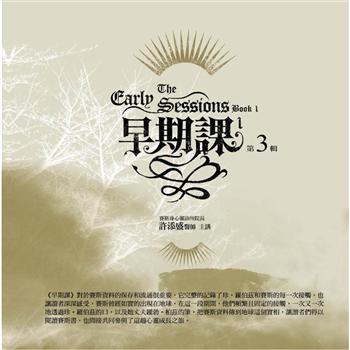This book seeks to further the understanding of the human experience of coerced and forced ignorance on social, human rights and criminal justice related topics, drawing together scholars from multiple, disciplinary fronts. It argues that people in our social world are forced or coerced through either implicatory or interpretive denial that is normalized through specific cultural and social mechanisms by which we refer to this as non-knowledge or agnosis. There has also been a lack of scholarship which examines how human victimization and power intersects by and through the systematic orchestration of forced ignorance and doubt upon daily human life. This book’s focus is an examination of the ways in which people find themselves in social spaces without empirical clarity and understand that absence as satisfaction, stability, or perhaps even pleasure. It discusses a range of topics, including for example people’s sense of relative safety, despite empirical realities suggesting otherwise. This book seeks to make visible the role of ignorance in governing society, highlighting how the late modern human experience in a post-World War II human rights era subsumes, subverts, and sublimates the complex relationship between knowledge and denial; the empirical gulf between knowledge and resistance may indeed breed complicit bliss.












